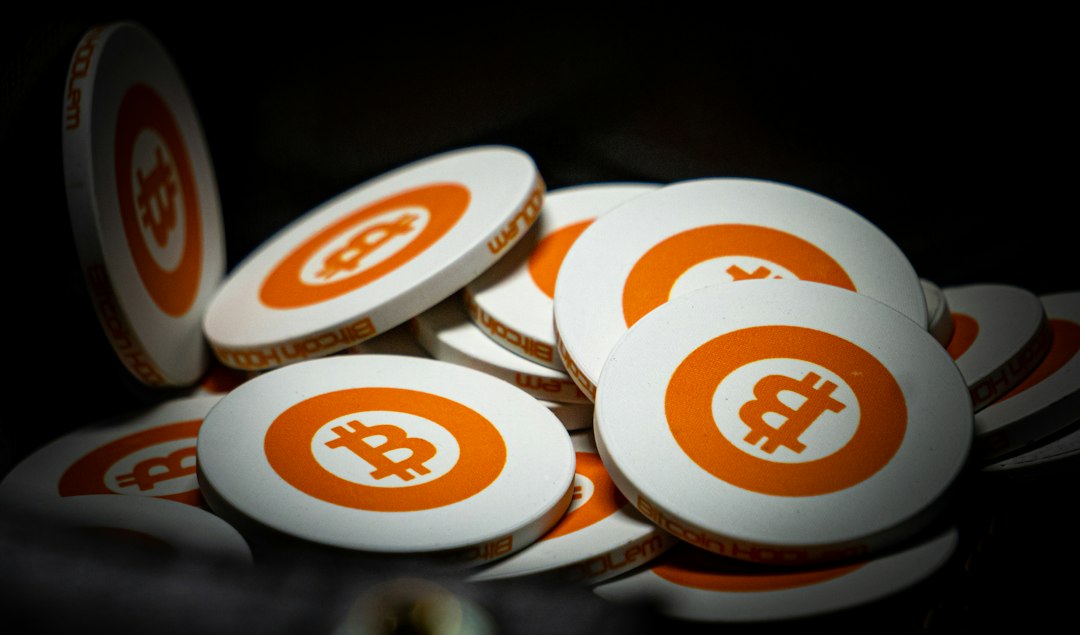The Economic Impact of Euro Coins on European Union Countries
Since its introduction in 2002, the euro has become a symbol of European unity and economic integration. The euro coins, in particular, have had a significant impact on the economies of European Union countries. In this article, we will explore the economic implications of euro coins on EU member states and how they have influenced trade, tourism, and inflation rates.
The Adoption of Euro Coins
When euro coins were introduced, it marked a significant shift for the participating countries. Prior to the adoption of the euro, each country had its own currency, which made cross-border transactions more complicated and expensive. With the introduction of the euro coins, trade within the EU became more seamless and efficient.
Benefits for Trade
The adoption of the euro coins has made trade between EU member states much easier. Companies no longer need to worry about exchange rate fluctuations or currency conversion costs when doing business with other EU countries. This has led to an increase in intra-EU trade and has helped to boost economic growth in the region.
Impact on Tourism
Euro coins have also had a significant impact on tourism within the EU. With a single currency used across multiple countries, travelers no longer need to worry about exchanging their money when visiting different EU countries. This has made travel within Europe more convenient and has contributed to the growth of the tourism industry in the region.
Inflation Rates and Monetary Policy
The introduction of the euro coins has also had implications for inflation rates and monetary policy within EU member states. With a single currency, it is easier for the European Central Bank to implement consistent monetary policy across all participating countries.
Monetary Policy Coordination
Having a single currency allows for greater coordination of monetary policy among EU member states. This means that countries are less likely to experience significant differences in inflation rates or interest rates, which can lead to greater stability and predictability in the economy.
Inflation Rates
While some critics initially feared that the adoption of the euro would lead to higher inflation rates, studies have shown that this has not been the case. In fact, many EU countries have experienced lower inflation rates since adopting the euro coins, which has contributed to greater price stability in the region.
Challenges and Opportunities
While there have been numerous benefits associated with the adoption of euro coins, there have also been challenges and opportunities for EU member states.
Challenges
- Loss of Monetary Sovereignty: Some countries feel that adopting the euro coins has limited their ability to implement independent monetary policy.
- Cultural Identity: The use of a single currency has raised concerns about preserving national cultural identity.
- Economic Divergence: Some regions within EU countries have experienced economic divergence as a result of joining the eurozone.
Opportunities
- Greater Integration: The adoption of a single currency has fostered greater economic integration among EU member states.
- Price Transparency: Euro coins have led to greater price transparency across borders, making it easier for consumers to compare prices and make informed purchasing decisions.
- Fiscal Discipline: The use of a single currency has encouraged greater fiscal discipline among EU countries as they seek to meet common economic targets.
The Future of Euro Coins in Europe
The future of euro coins in Europe is likely to continue evolving as new challenges and opportunities emerge. As technology advances and global economic conditions change, it will be important for EU member states to adapt their monetary policies and economic strategies accordingly.
Digital Currency Trends
The rise of digital currencies such as Bitcoin and Ethereum has raised questions about the future role of traditional currencies like the euro. While digital currencies offer potential benefits such as lower transaction costs and increased financial inclusion, they also present challenges related to regulation and security.
Global Economic Shifts
The global economy is constantly changing, and this will undoubtedly impact how euro coins are used and valued in Europe. As geopolitical dynamics shift and new economic powers emerge, EU member states will need to carefully consider how their monetary policies align with global trends.
Frequently Asked Questions (FAQs)
What are some potential risks associated with using a single currency like the euro?
There are potential risks associated with using a single currency, such as loss of monetary sovereignty for individual countries and concerns about economic divergence within regions. Additionally, some critics argue that using a single currency limits a country’s ability to respond independently to economic shocks or crises.
How have euro coins impacted inflation rates in Europe?
Contrary to initial concerns about higher inflation rates following the adoption of euro coins, many EU countries have actually experienced lower inflation rates. This can be attributed to greater price stability resulting from consistent monetary policy coordination among participating countries.
In conclusion,
The adoption of euro coins has had far-reaching economic implications for European Union countries. From facilitating trade and tourism to influencing inflation rates and monetary policy coordination, euro coins have played a significant role in shaping Europe’s economic landscape.
As technology continues to advance and global economic conditions evolve, it will be crucial for EU member states to remain adaptable in their approach towards managing their economies under a single currency.
Overall, while there have been challenges associated with adopting a single currency like the euro, there have also been numerous opportunities for greater integration and stability within Europe.
If you have any additional questions or concerns about how euro coins impact European Union economies, feel free reach out us directly!





 By
By
 By
By
 By
By

 By
By
 By
By